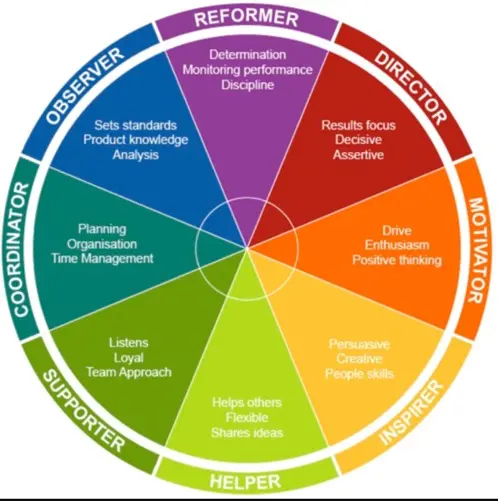As an agent, I have a lot of jobs – driving, opening doors, research, scheduling, negotiation, problem solving, advising, management, coordinating, supporting, talking – and on most days, I usually do a little bit of each.
It is part of the job.
We Do a Lot of Things

At the end of the day, an agent’s job is not really definable, as we do so many different things. Each transaction is unique, as are the buyers, sellers, and other service providers that play a part in a property changing hands. What each individual transaction requires is really what defines the role(s) I play.
But all of things I can do for you doesn’t matter one iota if I can’t relate.
Interpersonal Relations
In its simplest form, people tend to be either introverted or extraverted and people tend to either analyze or feel their way through life.
Call it Meyers Briggs, DISC, Insights, or any of the other personality profiling techniques out there, but each of us has a preference for how we interact with the people, information, and world around us. And thus, we all make decisions differently.
Help Me Help You
It is also my job to recognize how you want to receive and interact with the world around you.
- If you’re one of those people that likes to talk through all of the possibilities — and then talk through them again — then let’s chat until you feel comfortable.
- If you like to process silently and then sleep on it, and then analyze some more, then by all means, let’s do that.
- If you want me to do the research, put it summary form, and then run a series of ‘what-if’s then you tell me what you want to see and I will do it.
- And if you just need some time to reflect on how the decision will impact you and the ones you care about, then I will do my best to give you the space to make the decision that feels right.
You see, I need to move to the space where you feel the most comfortable. When I do my job, your stress level decreases and the confidence you feel that you made the best decision possible skyrockets.
And, yes, it is my job.











